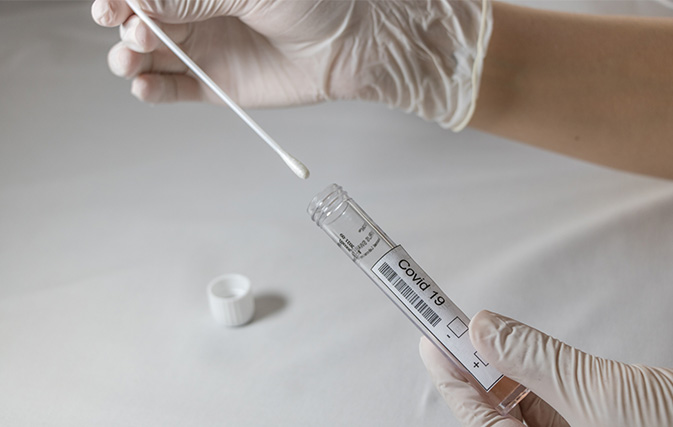GENEVA — The sharp and sustained drop in global passenger traffic made 2020 “a catastrophe” for the world’s airlines, says the top executive at IATA, and the latest numbers show that forward bookings have been down as well since late December.
IATA’s Director General and CEO Alexandre de Juniac says: “Optimism that the arrival and initial distribution of vaccines would lead to a prompt and orderly restoration in global air travel have been dashed in the face of new outbreaks and new mutations of the disease. The world is more locked down today than at virtually any point in the past 12 months and passengers face a bewildering array of rapidly changing and globally uncoordinated travel restrictions.”
Last year was “a catastrophe,” he added. “There is no other way to describe it. What recovery there was over the Northern hemisphere summer season stalled in autumn and the situation turned dramatically worse over the year-end holiday season, as more severe travel restrictions were imposed in the face of new outbreaks and new strains of COVID-19.”
Full-year global passenger traffic results for 2020 (in revenue passenger kilometres or RPKs) were down by 65.9% compared to the full year of 2019, by far the sharpest traffic decline in aviation history. Forward bookings have been falling sharply since late December.
International passenger demand in 2020 was 75.6% below 2019 levels. Capacity declined 68.1% and load factor fell 19.2 percentage points to 62.8%.
Domestic demand in 2020 was down 48.8% compared to 2019. Capacity contracted by 35.7% and load factor dropped 17 percentage points to 66.6%.
December 2020’s total traffic was 69.7% below the same month in 2019, little improved from the 70.4% contraction in November. Capacity was down 56.7% and load factor fell 24.6 percentage points to 57.5%.
Bookings for future travel made in January 2021 were down 70% compared to a year-ago, putting further pressure on airline cash positions and potentially impacting the timing of the expected recovery.
Looking at North America specifically, airlines’ full year traffic fell 75.4% compared to 2019. Capacity dropped 65.5%, and load factor sank 23.9 percentage points to 60.1%. December demand was down 79.6% compared to the same month a year-ago, a pick-up over an 82.8% drop in November.
IATA’s baseline forecast for 2021 is for a 50.4% improvement on 2020 demand that would bring the industry to 50.6% of 2019 levels.
De Juniac adds that while this view remains unchanged, there is a severe downside risk if more severe travel restrictions in response to new variants persist.
Should such a scenario materialize, he says, demand improvement could be limited to just 13% over 2020 levels, leaving the industry at 38% of 2019 levels.
“We urge governments to work with industry to develop the standards for vaccination, testing, and validation that will enable governments to have confidence that borders can reopen and international air travel can resume once the virus threat has been neutralized,” said de Juniac.
He says the IATA Travel Pass will help this process, by providing passengers with an app to easily and securely manage their travel in line with any government requirements for COVID-19 testing or vaccine information. “In the meantime, the airline industry will require continued financial support from governments in order to remain viable,” he said.

